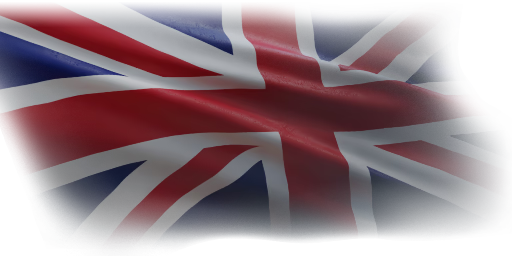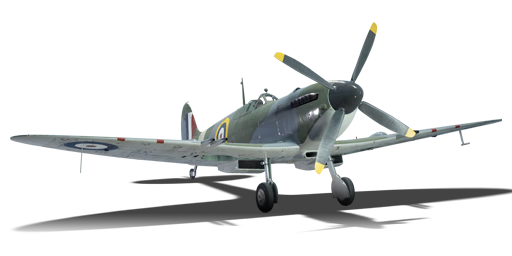


The superiority of the Fw 190 over the Spitfire Mk V quickly became apparent after its introduction in late 1941. While a new engine, the Merlin 61, with a two-stage supercharger had been developed, a new airframe for high-altitude operations was still in the works; thus, as an interim measure, the new engine was fitted into the Spitfire Mk Vc, producing the Spitfire Mk IX. Even without the aerodynamic and structural improvements of the new design, the Mk IX was found to be an effective counter to the Fw 190, with much greater speed, climb rate, and high-altitude manoeuvrability than the Mk V, while matching its low-level performance. Many Mk Vc's would be converted to the new standard, and were armed in both all-cannon and B-type wing-style arrangements, but with the advantage of greater ammunition capacity due to the belt-feeding of the cannons facilitated by the wing redesign. In early 1943, the Merlin 61 engines were gradually replaced by the Merlin 63, and production of the Spitfire F Mk IX was finally halted in late 1943 in favour of the Merlin 66-powered LF Mk IX.
Introduced in Update 1.77 "Advancing Storm" as a reward for the 2018 "Royal Air Force Centenary" event, the Spitfire Mk IX series is the pinnacle of the Merlin-powered Spitfires. They feature an exceptional rate of climb and adequate speed, whilst still retaining the manoeuvrability of their early lineage. The Spitfire F Mk IXc is also equipped with the hard-hitting quad cannon armament of the Spitfire Mk Vc, allowing every opportunity for a critical shot to be easily taken advantage of. The Mk IX presents a good introduction to the more energy-fighting style of the later Griffon-powered aircraft, making use of the altitude advantage to make passes on an opponent while retaining the ability to return to a turn-fighting approach when desired. While the Spitfire Mk IX also finally comes with the ability to carry ground ordnance, the single option of a 250 lb bomb is very lacklustre, and its effect against medium and heavy targets is limited. It should be used only to engage lightly armoured vehicles and SPAAs, if at all.
flaps
flaps
flaps
brake
| Belt | Belt filling | Armor penetration (mm) at a distance: | |||||
|---|---|---|---|---|---|---|---|
| 10 m | 100 m | 500 m | 1000 m | 1500 m | 2000 m | ||
| HEI/SAP-I/T | 22 | 20 | 14 | 9 | 6 | 4 | |
| AP-T/HEI/SAP-I | 37 | 35 | 25 | 16 | 10 | 7 | |
| T/HEI/SAP-I/HEI/SAP-I | 22 | 20 | 14 | 9 | 6 | 4 | |
| AP-T/T/HEI | 37 | 35 | 25 | 16 | 10 | 7 | |
| AP-T/SAP-I/HEI/AP-T | 37 | 35 | 25 | 16 | 10 | 7 | |
| HEI/HEI/SAP-I | 22 | 20 | 14 | 9 | 6 | 4 | |







 2 x (75 / 225 / 375) %
2 x (75 / 225 / 375) % 
 2 x 154 %
2 x 154 % 

Flight performance | |
|---|---|
Survivability |
|---|
Weaponry | ||
|---|---|---|